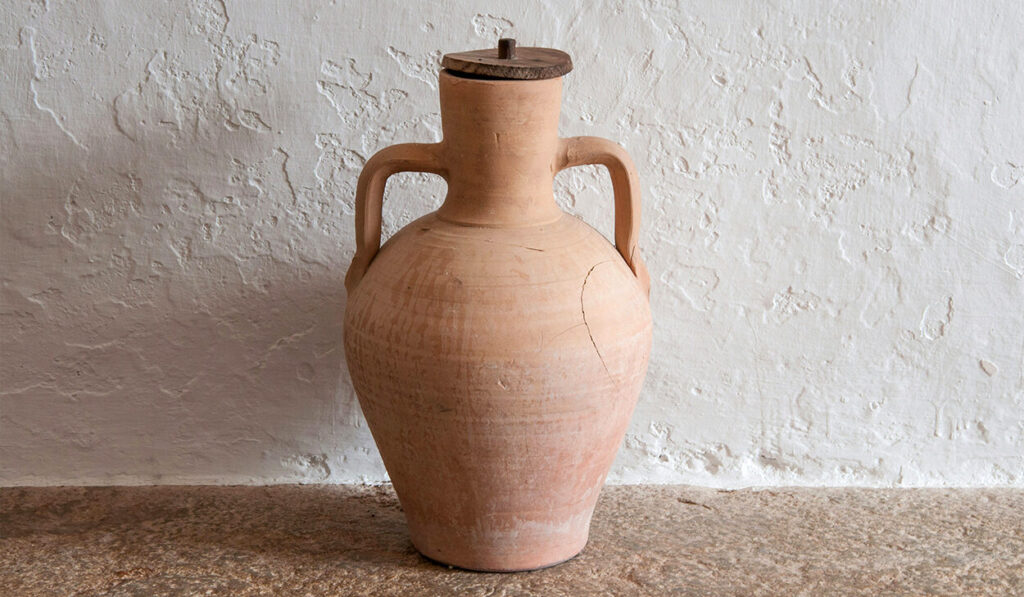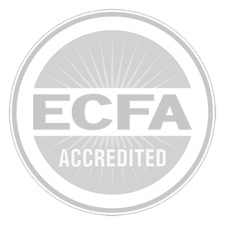The Foundation of Faith
“Now when Jesus came into the district of Caesarea Philippi, he asked his disciples, “Who do people say that the Son of Man is?”
And they said, “Some say John the Baptist, others say Elijah, and others Jeremiah or one of the prophets.”
He said to them, “But who do you say that I am?”
Simon Peter replied, “You are the Christ, the Son of the living God.”
And Jesus answered him, “Blessed are you, Simon Bar-Jonah! For flesh and blood has not revealed this to you, but my Father who is in heaven. And I tell you, you are Peter, and on this rock I will build my church, and the gates of hell shall not prevail against it. I will give you the keys of the kingdom of heaven, and whatever you bind on earth shall be bound in heaven, and whatever you loose on earth shall be loosed in heaven.” -Matthew 16:13-19, ESV
Understanding the Context
The setting of this conversation holds significant meaning. This dialogue took place near Caesarea Philippi, where pagan worship was prevalent. Here Peter received his commission to be a stone among many stones upon which the Church would be built as the gospel moved to the Gentiles.
Jesus first addressed what His disciples believed about Him. It mattered to Him what Peter believed because it would ultimately impact the way Peter lived. Peter testified that Jesus was much more than a prophet – He was the promised Messiah and the “Son of the living God” (Matthew 16:16, ESV).
The First Mention of Church
When Jesus says, “I will build my church” (Matthew 16:18, ESV), this marks the first mention of the word “church” in the gospels. Jesus was setting the stage for Acts 2 and the Day of Pentecost. The word Ekklesia was not a religious word but described this “called-out group” that would follow Him and take His message across the globe.
Look at the wonder of these promises Jesus declared over His followers for all time:
- He unites His people with a common unifier: “… I will build…”
- He builds on a foundation that is firm: “… on this rock I will build…”
- He builds what belongs to Him: “… my church…”
- He promises a stronghold for us: “… the gates of Hades will not overcome it.”
Our Identity in Christ
Scripture further defines our identity in 1 Peter 2:9: “But you are a chosen people, a royal priesthood, a holy nation, God’s special possession, that you may declare the praises of him who called you out of darkness into his wonderful light.”
Let’s examine these powerful descriptors:
- Chosen: Having been slated as the best; object of choice or of divine favor; an elect person
- Royal: Having the status of a king or queen or a member of their family
- Holy: Dedicated or consecrated to God; one perfect in goodness and righteousness
- Special: Better or greater or otherwise from what is usual – exceptional, particular, marked, unusual, uncommon, notable, remarkable outstanding or unique
The “keys” Jesus mentions represent authority given to believers. Through Christ’s power, we participate in His ministry of reconciliation, freedom, and deliverance. The keeper of the keys has the power to open and shut, as we have been given authority through Christ.
The Church’s Mission Today
As Bill Johnson writes: “While I strongly believe in the Lord’s return, I also think many have become irresponsible in their assignment because of their anticipation of His return. Please read this carefully. The return of Jesus will be wonderful! But it is the hope of the Church, not the hope of the world. The hope of the world is the power of the gospel. And it must be preached, lived, and demonstrated for it to become the ultimate invitation for all to come and discover this irresistible grace that leads to salvation.”
Our calling and identity are beautifully intertwined. We cannot separate who we are in Christ from what He has called us to do. Both require belief and conviction. As the Church advances, we are called to remain focused on our purpose – sharing the gospel and making disciples of all nations.







